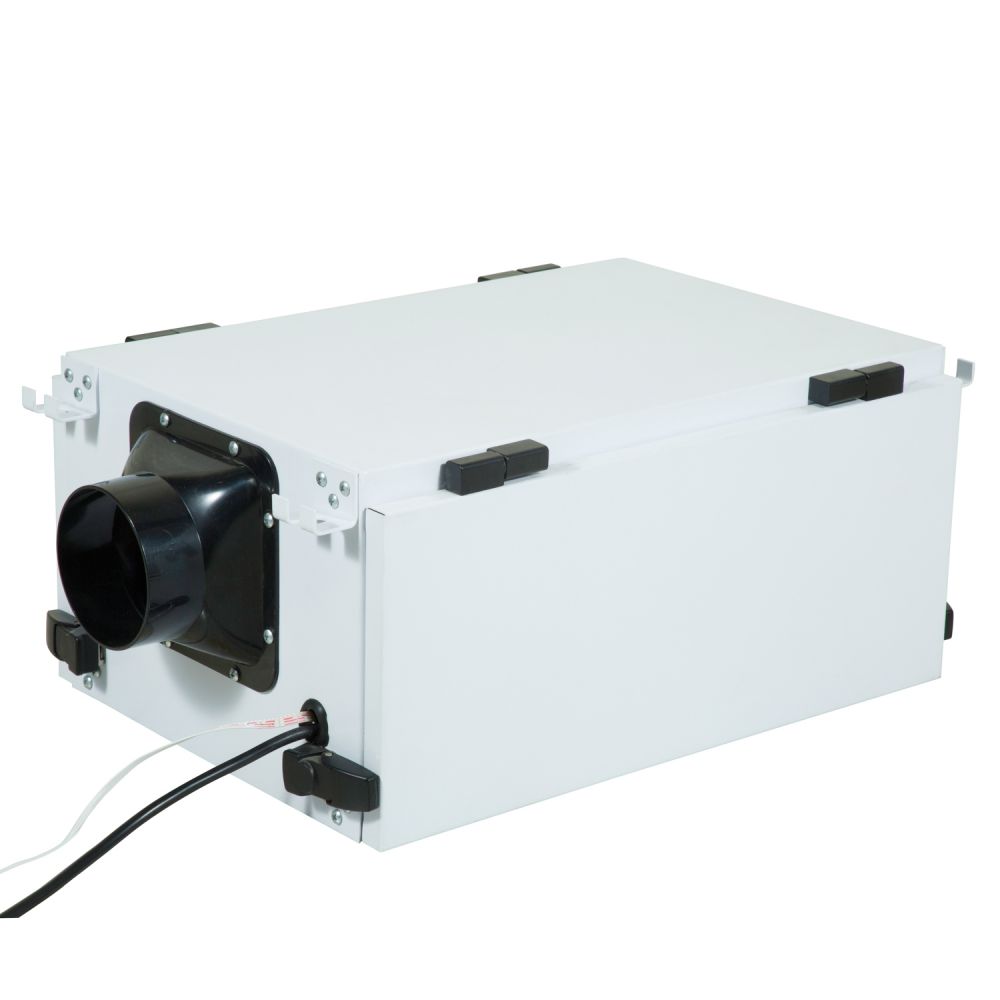Your home should be an escape from the humidity. Thanks to these tricks, it can be.
Hallie Milstein is an Editorial Fellow for Southern Living covering food and culture. She has been published in Modern Luxury magazines, Our State Magazine, and Hudson Valley Magazine. Farm Humidifier

Those who haven’t spent a summer in the South don’t know the true meaning of humidity. As the temperatures rise, the humidity levels follow, and soon enough, coveted breezes are the only thing that can cut through the thick, balmy air. Even born and raised Southerners may never completely get used to the overwhelming humidity, but we’ve sure learned how to tackle it. From products that will keep the humidity from wreaking havoc on our hair to the icy sweet tea we sip to keep the summertime mugginess at bay, even these levels of humidity are no match for a Southerner.
When the humidity dares break into our homes, it's important to be equally prepared. Maintain your home as a haven from summertime humidity with these simple tricks and fixes.
When the goal is to dehumidify, logic follows to use a dehumidifier. These genius contraptions help remove moisture from the air and can make a big difference in cooling down the house. Opt for a whole-house system that is incorporated into the HVAC, or standalone machines that work on a room-to-room basis.
If the humidity hits without forewarning and you find yourself without an actual dehumidifier machine, you can also go a chemical route. Several substances like charcoal, rock salt, cat litter, and baking soda can help to draw moisture out of the air.
Another contraption that can help in the fight against indoor humidity is a handy dandy DampRid moisture absorber. This disposable, hanging bag traps moisture, preventing stale, musty smells and leading to fresher air. It’s especially ideal for small or closed-in spaces like closets where there’s minimal air flow.
On a hot day, odds are that turning up the air conditioning will already be your instinct, but this cooling technique will also affect your home’s humidity levels. As the system cycles out hot, thick air, it replaces it with cool air that will feel much less muggy. For the most effective dehumidifying and cooling, use a fresh air filter on your AC unit.
Wherever you can, turn down the heat. This may mean refraining from long, hot showers, opting for no-cook meals, and running heat-producing appliances like the washing, drying, and dish-washer machines less often. Try taking refreshing, cool showers and hang-drying your laundry outside.
On humid days, exhaust and ventilation fans are your best friends. These fans can often be found in places where air movement is especially important for dehumidifying because of heat- and moisture-producing activities like cooking and showering. Turn on your oven and bathroom fans to promote air circulation and filtration.
We love our houseplants as much as the next Southerner, but desperately humid times call for desperate measures. Plants release moisture into the air and can contribute to household humidity. Send them on a summer vacation to the porch for a long weekend.
To manage the humidity in your home, take hold of the reins on the air that comes and goes. Even when it’s hot and humid outdoors, cracking a window can help air flow and prevent heavy, humid air from being trapped inside. This can be especially effective in moisture-prone areas like the bathroom and kitchen. Inside, also keep the doors between rooms open as much as possible to promote air flow internally.
On the other hand, blocking air from coming in or leaving the home can also be effective when your home isn’t full of humid air yet, but you’re anticipating high humidity levels outside on the forecast. Block the muggy air from getting in to begin with by weatherstripping, or sealing up potential entrances. Pay special attention to the spaces around your windows and doors and create air-tight seals there with a weatherstripping foam or insulation kit.
Even if everything inside is ready to battle hot, humid air, your home’s exterior forces may be conspiring against you. To counteract this unintentional sabotage, start by cleaning your gutters. Gutters can lead to indoor humidity if they are clogged and result in leaks and high concentrations of humidity, or if the downspout faces into the home.
Additionally, homes with crawl spaces beneath them may experience increased humidity from moisture in the soil beneath. However, a vapor barrier over the soil will solve this problem and lead to a more comfortable summer indoors, as well as preventing moisture-related issues in the long term like a water-damaged roof or foundation.

Dehumidifier In Wall By clicking “Accept All Cookies”, you agree to the storing of cookies on your device to enhance site navigation, analyze site usage, and assist in our marketing efforts.